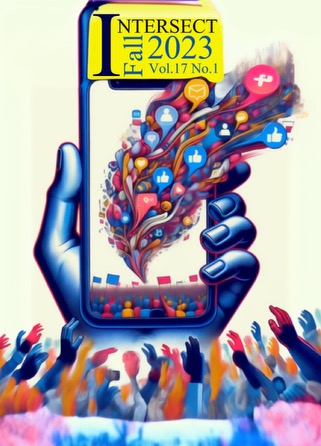The Art of Accessibility
A Critical Analysis of Ableism at Washington University in St. Louis
Abstract
Systemic ableism is a longstanding issue in our society, which leads to views of disability as a deficit. Such ideas emerge especially in institutions of higher education, where students remain largely unaware of environmental barriers contributing to disability, and administrators follow laws, such as the Americans with Disabilities Act (ADA) to the letter, rather than work to improve and enhance the experience of disabled students. In this manuscript, I evaluate the ableist history of Washington University in St. Louis (WashU) and its administration, as well as its student research and advocacy. Contrasts are drawn between the built physical environment and art, separate realms underpinned by ableist expectations of how disabled individuals can and should experience the world, beauty, and generalized accommodations. A literature review reveals that accessibility in art is often sidelined as special accommodative programming and is often maintained only by disabled artists. Alternatively, accommodations regarding environmental mobility are frequent targets for beautification, perpetuating ideals that accommodations must be visually appealing to warrant their existence. I discuss methods of accessibility implemented by community members and establishments, several located in St. Louis, Missouri, as guidance for future developments in accessibility and accommodation in the university setting, all of which require deeper understanding of the lived experience of disability throughout the university community.
Downloads
Published
Issue
Section
License
Copyright (c) 2024 Intersect: The Stanford Journal of Science, Technology, and Society

This work is licensed under a Creative Commons Attribution-NonCommercial-NoDerivatives 4.0 International License.
Authors who publish with this journal agree to the following terms:- Authors retain copyright and grant the journal right of first publication with the work simultaneously licensed under a Creative Commons Attribution License that allows others to share the work with an acknowledgement of the work's authorship and initial publication in this journal.
- Authors are able to enter into separate, additional contractual arrangements for the non-exclusive distribution of the journal's published version of the work (e.g., post it to an institutional repository or publish it in a book), with an acknowledgement of its initial publication in this journal.
- Authors are permitted and encouraged to post their work online (e.g., in institutional repositories or on their website) prior to and during the submission process, as it can lead to productive exchanges, as well as earlier and greater citation of published work (See The Effect of Open Access).

